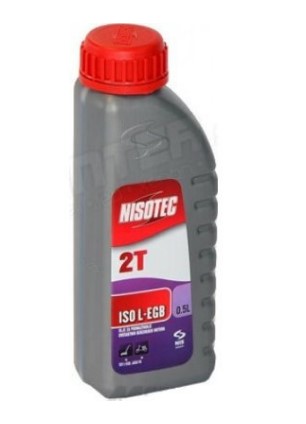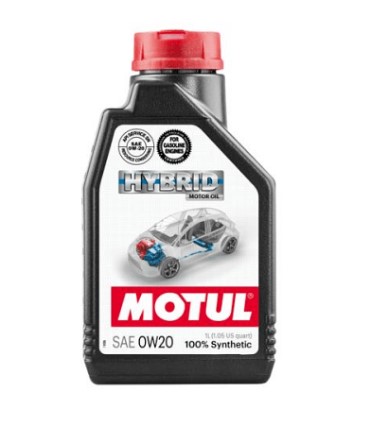Oftentimes, a manufacturer would suggest 2 or more car motor oil viscosities for engines based on some factors like temperature. The reason is that engines frequently require a different viscosity based on the operating conditions. Knowing how the scientists see the viscosity will help owners determine the perfect oil for the engine.
Viscosity is the resistance of the fluid to flow. In the world of engine oil, viscosity is indicated into a number preceding. W basically rates the flow of the oil to 0 degrees Fahrenheit and stands for winter. The lower the number, the lesser it thickens in cold. 5W-30 viscosity motor oil thickens less in cold. In a colder climate, an engine’s motor oil is thicker because of low temperature would benefit from the viscosity rate of 0W to 5W. If you don’t know what viscosity rate is ideal for you, make sure to check your vehicle’s user manual.
Once you have determined the right viscosity, it is now the best time to shop for the right type of motor oil. Majority of commuters would follow the 3000-mile and 3-month rule.
Changing the oil frequently means there is lesser tendency to need some types of oil than the conventional. But, several car companies recommend synthetic oil in their cars. The golden rule is not to switch between the types. If your vehicle started with the conventional oil, you must stick with that. If it used synthetic, be careful when switching to conventional.
Table of Contents
Full-Synthetic Oil
Such oils are perfect for high-tech engines. If such oils pass stringent special tests, it means these have long-lasting and superior performance in all critical areas from the protection against engine temperature to viscosity index. While full-synthetic oil is excellent, it is about 3 times as pricey as the conventional oil and not necessary for majority of engines.
Premium Conventional Oil
It’s the standard new car motor oil Majority of leading brands has highest level service. Most of them are available in common viscosities. Usually, car manufacturers specify 5W-30 or 5W-20 oil even if others need 10W-30. Such ratings cover about light-duty vehicle on the road.

Conventional Oil
It’s the oil used in bulk at the dealerships and the cheapest at the car store. Many adhere to SAE and API standards but provide little in the way of the additive packages. It’s good oil for the owners that change motor oil often and have low-mile engines.
High-Mileage Oil
Sixty percent of cars on the road have approximately 75,000 miles on odometer. Oil refiners as well as labs developed high-mileage oil. A seal conditioner is added to the oil to increase and expand the flexibility of an internal engine seal. Conditioners may benefit several engines and precise.
Synthetic-Blend Oil
This is premium conventional oil with a dosage of synthetic. They are formulated to provide better protection during a heavier engine and associated with high engine temperature. Such oils are known with SUV and pick-up drivers because they offer better protection, but cost only a fraction more than the premium conventional oil.








